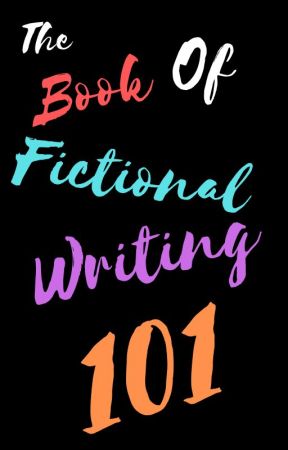Unfortunately, this chapter will largely pertain to Western, especially English, names. I'm very sorry for that, but english is the only language I can speak fluently, and I have been raised in a very western environment, so please forgive that these are the names I am most comfortable with. If you have any advice regarding foreign names, please let me know! Thanks.
Names are hard. Parents want to give their children good names, but the criteria varies from person to person, and culture to culture. Some names have been forever ruined by history and association–"Lolita" or "Adolf". Likewise, I knew a Jude in high school who loathed "Hey Jude" because of the amount of times he'd had it sung to him.
Some names that seem idyllic are in actuality shunned; "Lucifer" for example, means "Light-bringer" or "the one who brings light" which to me could be saying "this child is the light of my life" but naming someone Lucifer actually results in the opposite response–no one who ever loved their child would name them Lucifer unless they loathed them.
Some names are common. And that's not a bad thing. Commonplace names can lead to an ironic twist on a well-known trope. J.K. Rowling might have fallen out of favor, but her character names are still provide a good lesson for beginning writers: "Harry Potter" is as ironic as it is iconic. In England, both forename and surname are very common, befitting of a boy not-quite-so-ordinary. Harry in the first four books, yearns for normality. He wants to have a normal family, be a normal boy in school, and do normal kid things. But because of the mark on his forehead, he is forever unable to escape his reputation as the boy who stopped Voldemort.
For English names, if you want an name that's alien-like as opposed to a "normal" sounding (English) name like John, Paul, and Mary, names that begin with Q, U, X, Y, and Z are rare in the English language, and to a lesser extent, the letters W, V, J, G, and K.
Never appropriate a name from non-native language because you want to imply emphasize otherness. "Dumbledore" and "Voldemort" are French, and thus stand out from the crowd of otherwise very bland-as-bread English names, however, because England is just across the channel from France, it's not unusual for these characters to be named such. Naming a white character "Akira" who does not speak Japanese nor has ever lived in Japan, says a lot more about you as an author than it does about the character. The only way I can except this is if the narrative acknowledges that they appropriated the name–for example, if "Akira's" name was originally Paul, but they changed it because they liked it better (but do be a aware that this makes them look gauche and naive at best)–or if the character's name was for some reason changed in the translation process, I.e. "Dandelion" from The Witcher series.

YOU ARE READING
The Book of Fictional Writing 101
Non-FictionA handy lexicon of terms used in and applied to literary fiction and what they actually mean, as well as some ideas on how to improve your writing.
